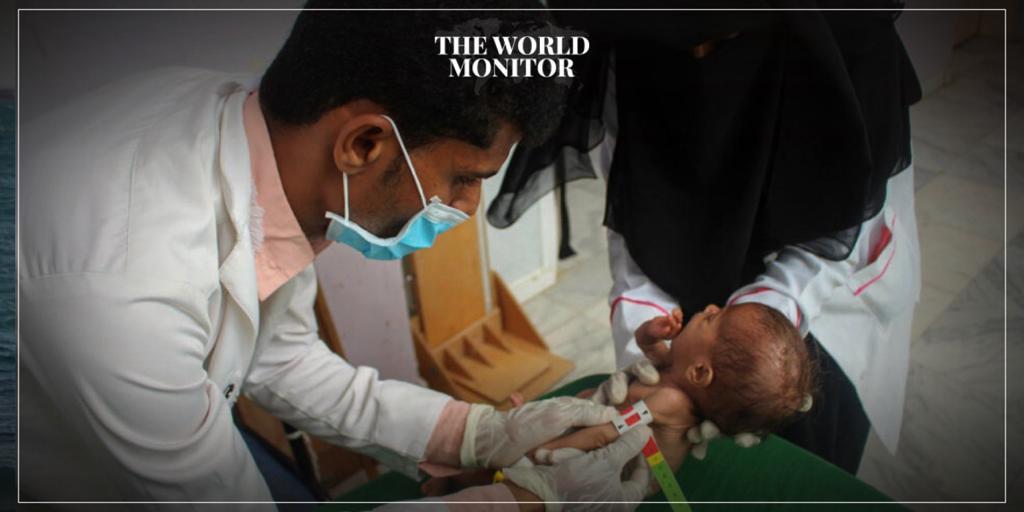Yemen is grappling with a severe food insecurity crisis, affecting an estimated 17 million people, or roughly 60% of the population, according to a recent report from the World Bank. The dire situation is a result of prolonged conflict, distorted agricultural policies, pest outbreaks, and frequent droughts and floods, all of which have taken a toll on the country’s agricultural assets.
Despite the agriculture sector being the backbone of Yemeni livelihoods, it currently meets only 15-20% of the nation’s staple food needs. The ongoing civil war, now in its eighth year, has contributed to a vicious cycle of crises and chronic poverty. The World Bank emphasizes the importance of investing in agriculture as a key strategy to break this cycle and build long-term resilience in the country.
In response to the crisis, the World Bank has provided financing to support Yemen’s agriculture and domestic food production. The focus is on enhancing agricultural production, promoting climate-resilient restoration of productive assets to safeguard livelihoods, and implementing interventions to scale up household-level food production and distribution. Priority areas include regions facing chronic food insecurity and malnutrition.
Climate change adds another layer of vulnerability, particularly for the most at-risk populations. Heavy rains have triggered flash floods, causing widespread damage to homes, infrastructure, and crops. Water shortages, coupled with unpredictable heavy rainfall, have further strained critical infrastructure, impacting rural populations. Outdated farming techniques and practices are no longer sufficient to ensure crop resilience, leading to increased food and income insecurity for rural communities.
To address future food and nutrition security crises, the World Bank, as part of the Global Alliance for Food Security, collaborates with countries to develop and implement Food Security Crisis Preparedness Plans. These plans, developed in coordination with various UN agencies and humanitarian organizations, aim to enhance readiness and response mechanisms.
In Yemen, close coordination with donors and development partners is crucial to providing essential food and nutrition security assistance and humanitarian relief. The efforts include the development of a joint monitoring report to track and recognize early slow-onset food security crises, pooling information from various sources to inform timely interventions. The World Bank underscores the urgency of collective action to mitigate the impact of the food insecurity crisis in Yemen and safeguard the well-being of its population.






